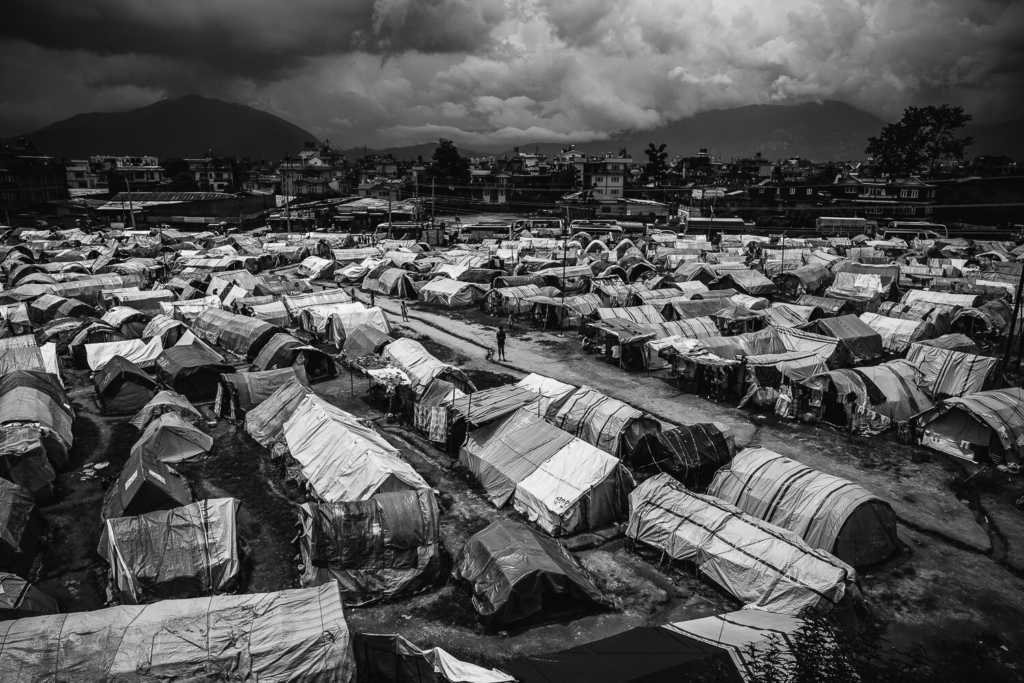After 28-year-old Sundus Fathallah was dragged from her burning tent in January, this startling headline appeared in newspapers across the Middle East:
“Starving Syrian refugee sets herself on fire.”
Everyone assumed the young mother had attempted to take her own life to avoid watching her children starve to death and slowly wasting away herself. After all, her brother said the family, which had been living in a camp along the Syrian border, hadn’t had an adequate meal in two weeks.
While Sundus was recovering in the hospital, officials determined that the fire had actually been caused by a gas stove accident. But the fact that her neighbors assumed the worst — and weren’t that shocked by it — demonstrates just how desperate life can be for refugees who never know if, or when, they’ll eat again.
Sundus’ friends and family were quick to believe the rumors because of how closely they resembled the news coming out of other refugee camps.
In summer 2018, the BBC reported that refugee children as young as 10 were attempting suicide to escape the terrible conditions of camps in Greece where they would have to stand in line with their parents all day, hoping to get a little food. In another camp for South Sudanese and Somalian refugees, nine suicide attempts were reported in 2017 and early 2018.
Sadly, this is “normal” in many refugee camps — just like constant hunger and untreated diseases.
“Poverty became normal, and we were no longer surprised when we heard about someone dying from hunger or thirst,” one refugee father said. “It was ‘normal’ to us when we heard about women [going] to work as prostitutes to make some money to support their families.”
This man used to be a lawyer. He used to sit down for dinner every night with his family and never really knew what it meant to be hungry. But he knows now.
With one bomb, his house in Syria was destroyed. Militants took over his office and took all his money. He and his family were left homeless — with no food and no job to buy food.
But going hungry wasn’t the worst part for this former lawyer … it was watching his children go hungry, watching their arms and legs grow thinner, and the spark of youthful energy leave their eyes.
Countless parents in refugee camps know what that feels like, and they would do anything to keep their children healthy.
Many parents give up their own rations so their children can have a few more mouthfuls to eat. But it’s not always enough, and that’s when the hopelessness sets in. That’s when parents begin to become less shocked when they hear rumors like the one about Sundus Fathallah. Because whether it’s true or not, this is their new “normal.”
But it doesn’t have to be.
When you give today, you can literally help save a life. You can remind a refugee that he isn’t alone. And you can powerfully demonstrate the healing love of Christ.
You can make sure that normal for one refugee means healthy meals and hope for the future.
–
Rachel Godwin writes for World Help, a Christian humanitarian organization serving the physical and spiritual needs of people in impoverished communities around the world. To learn how you can donate to help families in Venezuela, click here.


